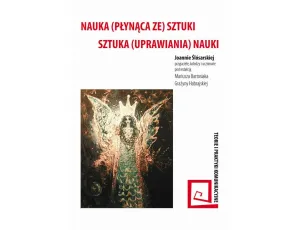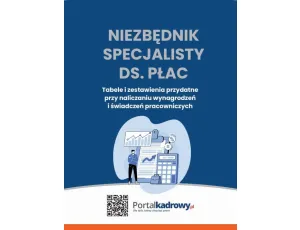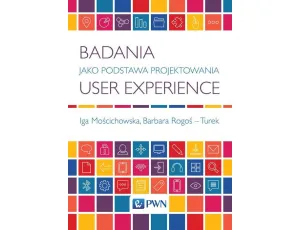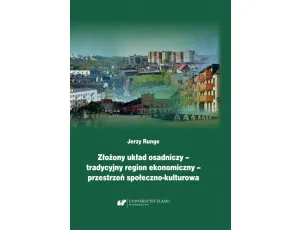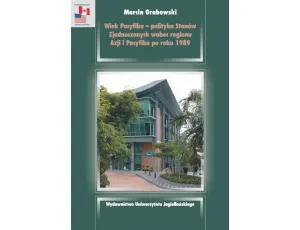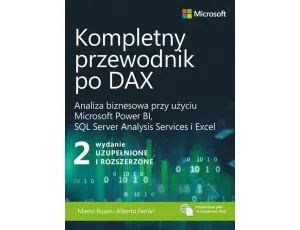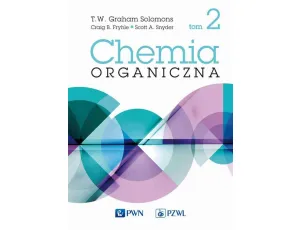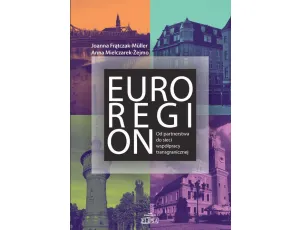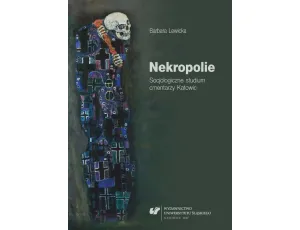Opis produktu
Opinie
The authors present the theoretical and conceptual foundation of the Laboratory of Reportage, established by the remarkable reportage writer Marek Miller.
The Laboratory of Reportage operates at the Faculty of Journalism, Information and Book Studies of the University of Warsaw. Papers presented in the book give insight in the status of reportage as practice and a form of journalistic and journalistic-literary expression, they describe in detail the method of reportage writers (documentary novel writers), as well as of participants of creative and research workshops. They define the areas of the Laboratory’s search as: using oral history sources, collective writing, multimedia storytelling and penetrating the area in between journalism and creative writing, journalism and screenwriting, journalism and stage writing. They express a belief that journalism is a form of art and that the reporter’s work combines the qualities of original writing with belles lettres, film and theatre as well as research from the field of social sciences and humanities: sociology, anthropology, psychology and history.
The founders of the Laboratory of Reportage are particularly interested in analysis and comparison of journalistic methods and sociological interview, psychological interview, anthropological interview and in-depth interview. They also appreciate the value of participant observation and experimental provocation of events in social sciences as well as using elements of acting in journalistic work.
We present this interesting publication to the English-speaking readers in a slightly amended version - not a full translation, but an English edition - with one article removed and one replaced with a newer paper.
*********
Autorzy ukazują podstawy teoretyczne i koncepcyjne założonego przez wybitnego reportażystę Marka Millera Laboratorium Reportażu, działającego przy Wydziale Dziennikarstwa, Informacji i Bibliologii Uniwersytetu Warszawskiego.
Artykuły zawarte w publikacji umożliwiają wgląd w status reportażu jako praktyki i formy dziennikarskiej oraz dziennikarsko-literackiej, opisują szczegółowo metodykę pracy reportażysty (twórcy powieści reportażowej), a także uczestnika warsztatów twórczych i badawczych. Określają obszar poszukiwań Laboratorium jako: zbiorową pracę nad tekstem, multimedialne opowiadanie tematu oraz penetrowanie przestrzeni między dziennikarstwem a pisarstwem, między dziennikarstwem a scenariuszo- a dramatopisarstwem. Wyrażają przekonanie, że dziennikarstwo jest sztuką, zaś praca reportażysty łączy cechy twórczości oryginalnej z literaturą beletrystyczną, filmem i teatrem oraz badaniami z zakresu nauk społecznych i humanistycznych: socjologii, antropologii, psychologii i historii.
Twórców Laboratorium Reportażu w szczególności interesuje analiza i studium porównawcze metod dziennikarskich i wywiadu socjologicznego, psychologicznego, antropologicznego oraz wywiadu pogłębionego. Doceniają też znaczenie obserwacji uczestniczącej i eksperymentalnego wywoływania zdarzeń w naukach społecznych oraz wykorzystywania elementów aktorstwa w pracy dziennikarzy.
Cechy
| Rodzaj: | e-book |
| Format pliku: |
|
| Rok wydania: | 2017 |
| Liczba stron: | 188 |
| Miejscowość: | Warszawa |
| Redakcja: | Ivan Dimitrijević |
| Tłumacze: | Agnieszka Wąsowska |
